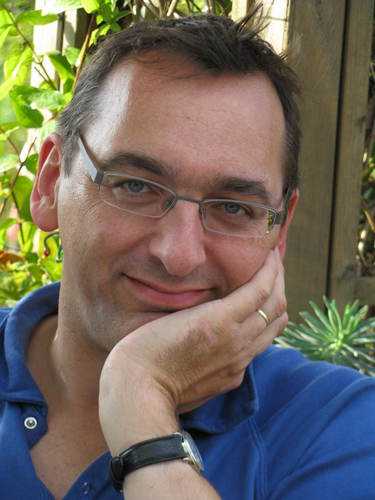For the EU agriculture remains one of the key sectors of its economy. Today, it forms the third part of the EU’s expenses. Europe has both traditional agricultural companies and organic farms. This type of farming requires no pesticides use, no nutritional supplements, synthetic fertilizers or GMOs but natural fertilizers and natural animal feed. Recently, the European Commission proposed to introduce some specific rules to manage this small, but rapidly growing sector of farming industry. Though the EU members have not yet decided whether to accept the regulations.
Organic farming is developing in Europe. From 2003 to 2011 the area of the land occupied by organic farms had a growing rate of 13% per year and reached 9.6 million hectares. This is 5.4% of the European Union agricultural land. Despite this tendency, the manufacturers cannot fulfill the growing demand for organic products. The dependence of the European market on imports from non-EU countries is increasing. Quality standards in these countries are often understood differently. Two years ago, some cases of falsification of imported goods were revealed as well as increasing number of organic products with pesticides. All this has forced the European Commission to propose changes to the regulatory framework covering the sector.
Speaking about the plans of the regulator in March 2014, the then European Commissioner of Agriculture Dacian Ciolos stressed the point that they had to contribute to organic production growth in Europe. In addition, the documents they presented had the idea of strengthening control over the quality of products that will be sold with European eco-labels. However, this initiative has made both European and foreign producers to worry: they considered it to be an attempt to limit production and import.
The first discussion of the document was held last December. Agriculture ministers of 28 EU countries attended the discourse. The meeting was stalemated: the officials could not reach a consensus. In the spring 2015, when it was Latvia’s turn to perform in the EU presidency, ministers decided to return to certain aspects of the Ciolos’s plan. Nevertheless, this time nothing new happened: the representatives of Austria and the Netherlands demanded to withdraw the document.
Three questions have caused major disagreements. The first issue was the import of organic products. Should the exporting countries obey the norms and standards of the European Union? Some EU members fear that if the European Parliament accepts the restriction, it would be discriminatory to farmers in developing countries. Others demand to make the rules at the organic products market equal for both European producers and exporters. The second issue is the problem of so-called mixed farms. Can these farms produce both organic and inorganic products? The third one is the presence of traces of pesticides and other harmful chemicals in organic products. Should we let the system to detect such chemicals in the production process as it is, or do we need to introduce restrictions that are more stringent?
All these issues remain unresolved. However, we can notice some progress in this sector. This October the European Parliament Committee of Agriculture voted for the changes to the legislation that exempt owners of organic farms from fines for pesticides pollution in crops, if it was unintentional. Rules of the humane treatment of animals were tightened. For example, during certain painful procedures organic farmers have to use anesthesia (such rule is not found in the legislation regulating the work of traditional farms). At the same time, farmers are worried about the amendment that requires buying only the feed, which was produced less than 150 km from the organic farm. These amendments still require a long approval process at various levels, including the European Parliament. However, the main eco-farmers’ issues such as export, mixed farms and production control have not been discussed yet.
Diederik Kramers, Senior Advisor of the Social Communications, Schuttelaar & Partners
Copyright: Schuttelaar & Partners
Підписуйся на наш Telegram. Стеж за новинами у зручному форматі!


 ОСТАННІ НОВИНИ
ОСТАННІ НОВИНИ



